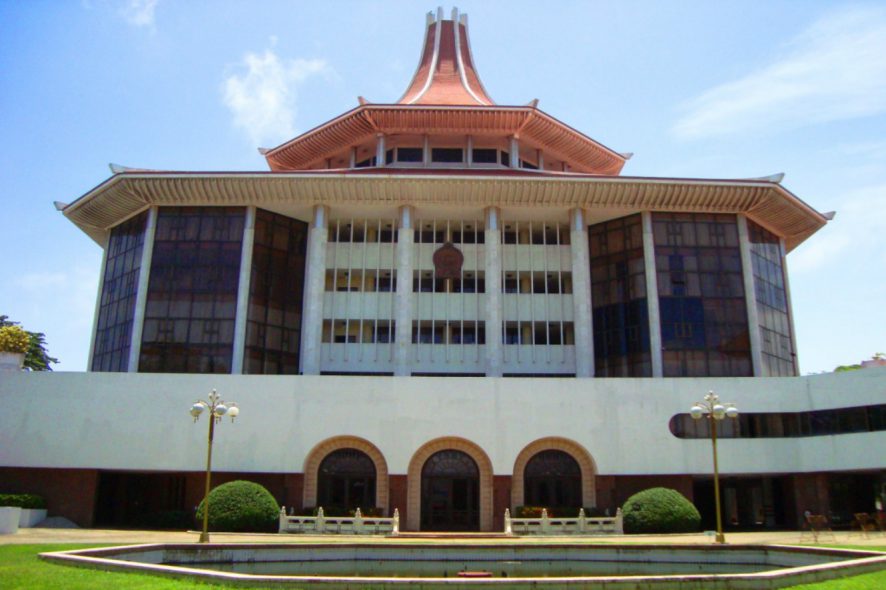Court of Appeal of Sri Lanka: Janak De Silva and Bandula Karunarathna, JJ. entertained a writ petition where gold pieces were confiscated from the petitioner and the dispute was regarding whether he had declared it to the Custom or not.
In the instant petition, the first petitioner claimed that the second petitioner sought his assistance to bring back gold from Dubai which belonged to him. But the 1st petitioner told the Custom authorities that he went to Dubai to purchase mobile parts and that he met one person who requested him to carry gold pieces to Colombo. The Court observed that the dispute was regarding whether the act performed by the petitioner was after entering the “Green Channel” and without submitting a proper custom declaration or he had made a declaration.
Subsequently, a Custom inquiry was held by the officials and charges were framed against the 1st petitioner also a show-cause notice was issued as to why the gold should not be seized and a penalty should not be imposed on him.
The counsel for the petitioner submitted that though importation of goods in this nature in commercial quantity technically amounted to a violation of law. However, in similar cases (particularly has declared the goods) the practice followed by the department was release (sic) the goods on the imposition of penalty in terms of Section 166(B) of the Customs ordinance. Therefore, it was requested by the petitioner to make an order proportionate to the violation committed by the petitioner.
The Court observed that it was clear admission of guilt and now the petitioner was bound by the same. Court further observed that the admission made by the counsel was binding on the client It was sometimes permissible to withdraw admissions on questions of law but admissions on questions of fact cannot be withdrawn. And no attempts were made to withdraw the admission by the petitioner.
Another issue which Court noted was related to ‘Liable to Forfeiture v shall be forfeited’, the gold item in question was seized by the Customs for violation of various sections of the Ordinance along with the Import and Export Act, 1969. it was further observed that the law was “if any person exports or attempts to export or take out of Sri Lanka … in contravention of the prohibitions and restrictions … such goods shall be forfeited, and shall be destroyed or disposed of as the Director-General may direct” Hence, If the goods were declared to be “forfeited” as opposed to “liable to forfeiture” on the happening of a given event, their owner was automatically and by operation of law divested of his property in the goods as soon as the event occurred. No adjudication declared the forfeiture to have had taken place was required to implement the automatic incident of forfeiture.
The Court stated that forfeiture of goods by operation of law would, of course, be of purely academic interest until the owner was deprived of his property by some official intervention. Court held that “the failure of the petitioner to resort to an alternative remedy prescribed by Section 154 of the Ordinance precludes the court from intervening and exercising its discretionary powers.” Hence there was no merit found in the petitioner’s application. [A.H.M.C.M. Nazeer v. Jagath Wijeweera, 2019 SCC OnLine SL CA 6, decided on 09-08-2019]







